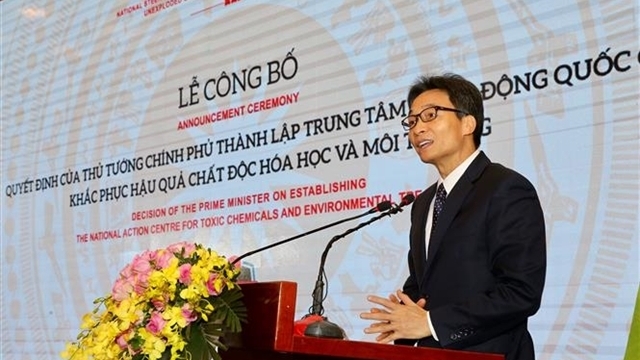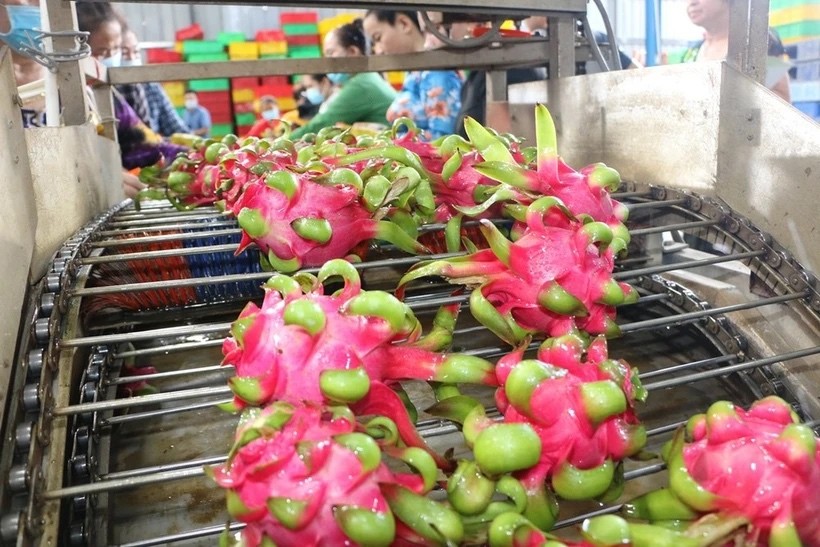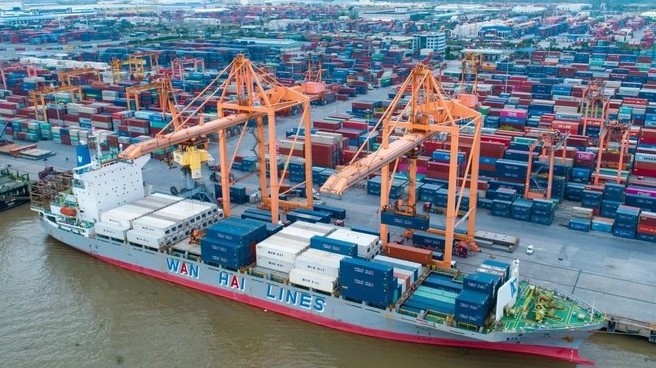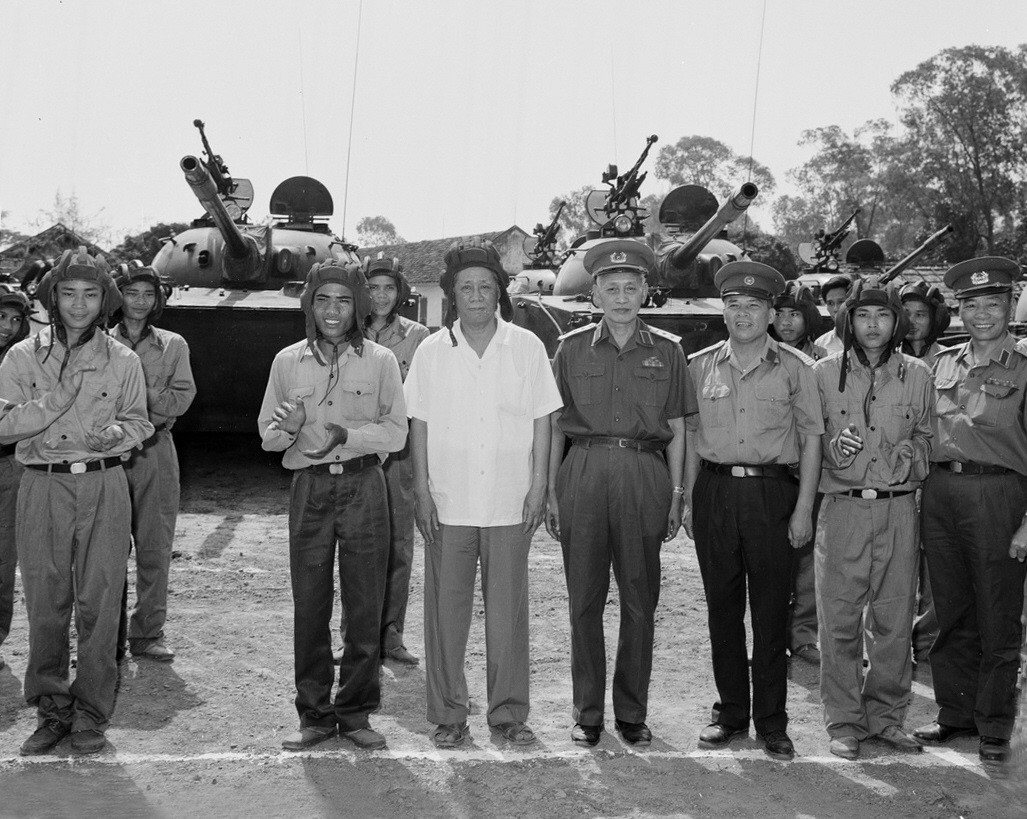Centre for toxic chemicals and environmental treatment established
 |
| Deputy Prime Minister Vu Duc Dam speaks at the ceremony. (Photo: VNA) |
In July, Prime Minister Nguyen Xuan Phuc signed the decision to establish the NACCET.
The organisation will be responsible for running tasks to overcome the post war consequences of chemical toxins to environment and humans; handling pollution of toxic chemicals and hazardous substances, overcoming incidents of toxic chemicals and environment nationwide; and building and managing a database on overcoming post war consequences of toxic chemicals.
Speaking at the ceremony, Deputy Prime Minister Vu Duc Dam emphasised the importance of establishing the NACCET. There still remains a huge amount of dioxin-contaminated land in Vietnam, millions of toxic chemicals in the soil, millions of people who suffered from dioxin contamination after the war. That’s a problem we need to deal with, he said.
He also said that like many in other countries, environmental protection had been neglected for a while, adding that the establishment of the NACCET is timely.
He asked the centre leaders to focus on human resources and technology investment, while also calling on international organisations to support Vietnam on the issue.
Speaking at the event, Caryn McClelland, deputy chief of mission at the US Embassy in Hanoi, said the US was committed to supporting the development of Vietnam. Last year, the USAID committed a funding of US$183 million for the initial five years of the dioxin remediation project at Bien Hoa Airport. This is the largest remaining hotspot of dioxin contamination in Vietnam, she said.
While it would take Vietnam and the US 10 years and up to US$390 million to clean the Bien Hoa site, McClelland said US commitment was only increasing.
Over the next five years, USAID has committed more than US$65 million to work with the Ministry of Defence, Office 701 and the NACCET to implement the next phase of US’s support for persons with disabilities, according to the official.
The NACCET will also carry out research and technology transfer to help overcome post war consequences of toxic chemicals, handling pollution of toxic chemicals, hazardous substances, and toxic chemical incidents treatment.
It will be responsible for running programmes and working plans on overcoming post war consequences of toxic chemicals, as well as treating toxic chemicals, hazardous substances and overcoming incidents of toxic chemicals.
The Prime Minister assigned the Ministry of National Defence to be responsible for NACCET's activities.
Recommended
 National
National
Vietnam News Today (May 2): Overseas Vietnamese Help Vietnamese Products Go Global
 National
National
Vietnam News Today (May 1): Vietnam to Become Second-Largest Economy in Southeast Asia by 2036
 National
National
General Secretary Le Duan: Great Architect of National Reunification
 National
National
Vietnam News Today (Apr. 30): Grand Parade Marks 50 Years of Liberation of South and National Reunification
 National
National
Vietnam News Today (Apr. 29): People-to-people Exchange Deepens Vietnam-Cuba Special Friendship
 National
National
50 Years of National Reunification: Vietnam’s Spectacular Transformation
 National
National
Spouses of Vietnamese, Japanese Leaders Engage in Making 'Banh Com'
 National
National
